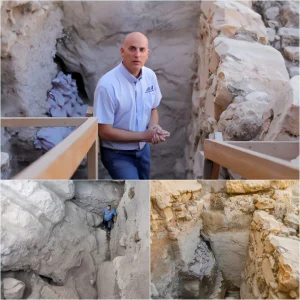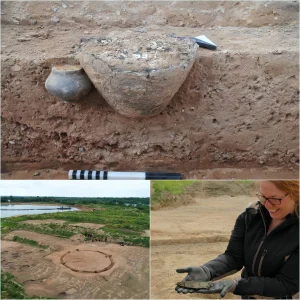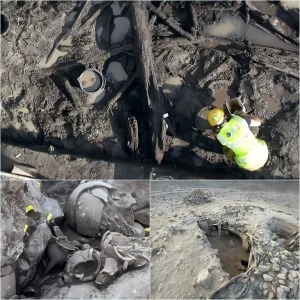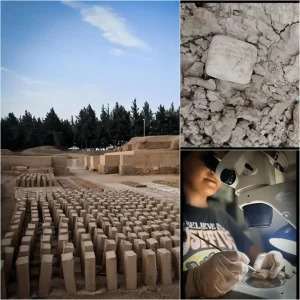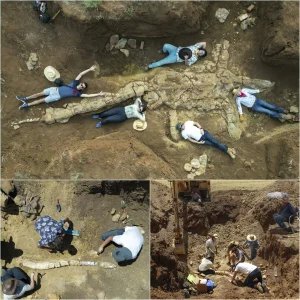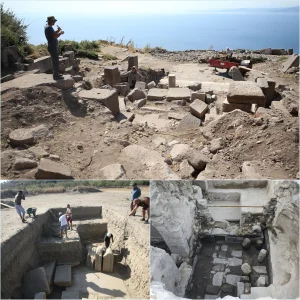Recent excavations in the ancient city of Aizanoi, situated in the Çavdarhisar district of modern-day Turkey, have unveiled the statuary heads of two Greek gods, Aphrodite and Dionysus, as reported by the Greek Reporter.
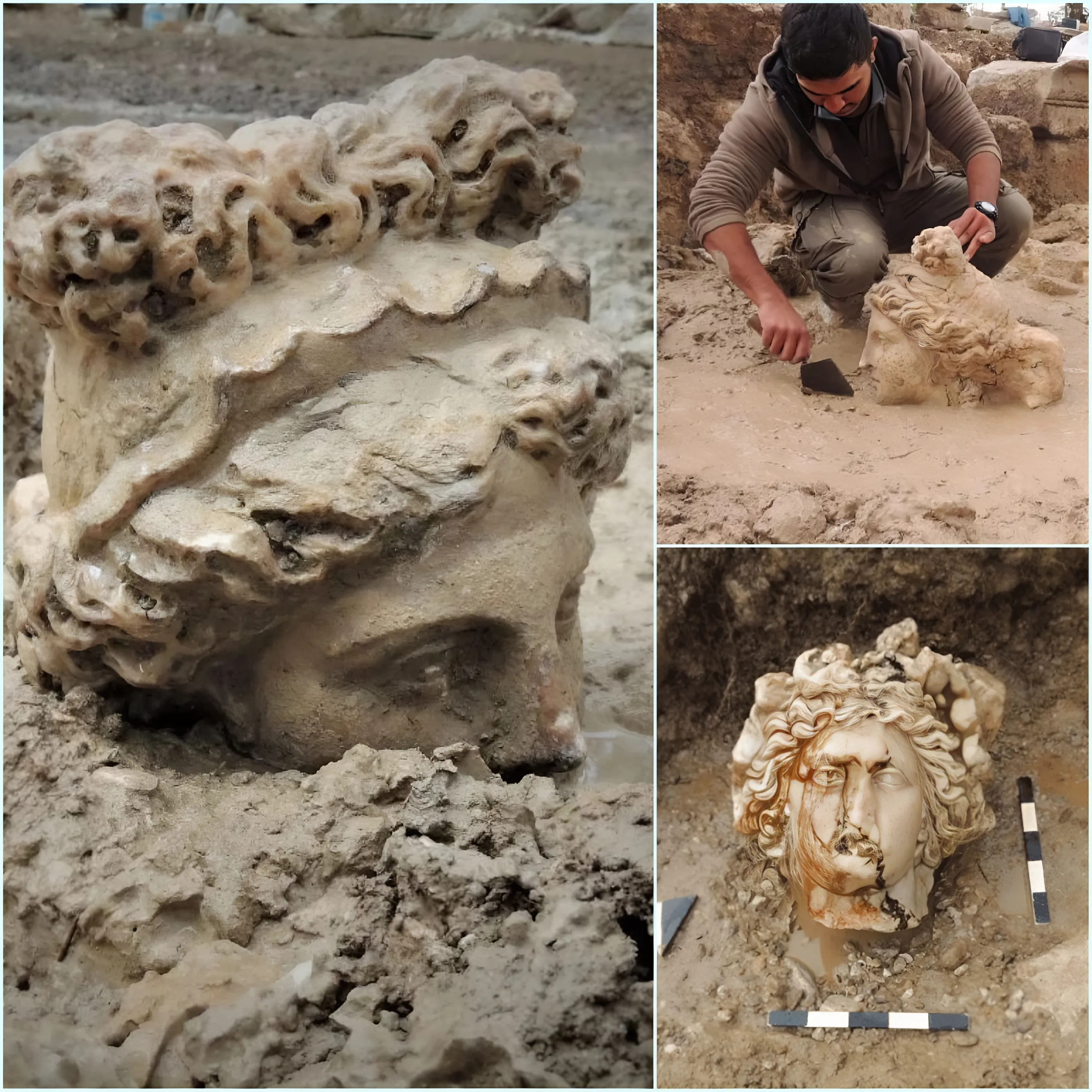
Aizanoi, listed on the UNESCO World Heritage Tentative List since 2012, boasts a rich history dating back to the second millennium BCE and was annexed by the Romans around 133 BCE. The site features numerous grand public structures dating from the early Roman Empire through the 3rd century CE, including one of the world’s best-preserved Temples of Zeus.
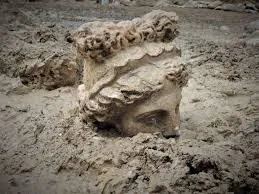
The discovery of the heads occurred during ongoing excavations in a creek bed within the ancient city, suggesting the possible presence of a sculpture workshop in the vicinity, according to Gokhan Coskun, the excavation coordinator from Dumlupinar University. Coskun highlighted that these finds underscore the enduring significance of ancient Greek polytheistic culture well into the Roman era.
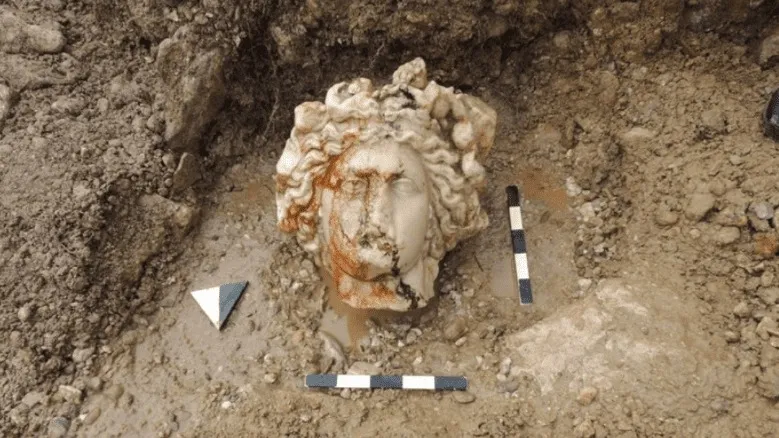
This recent find adds to the archaeological wealth of Aizanoi, where previous excavations in August 2021 uncovered a statue of Hygieia, the Greek goddess associated with health and cleanliness, albeit without its head. Coskun noted that artifacts linked to Hygieia indicate a probable presence of structures dedicated to health cults during the Roman period in Aizanoi.
Turkish archaeologists have led excavations at Aizanoi for nearly a decade, building upon earlier work initiated after its initial discovery in 1824. The German Archaeological Institute also conducted extensive excavations at the site from 1830 to 1926, with further archaeological efforts recommencing in 1970 and continuing to the present day.
